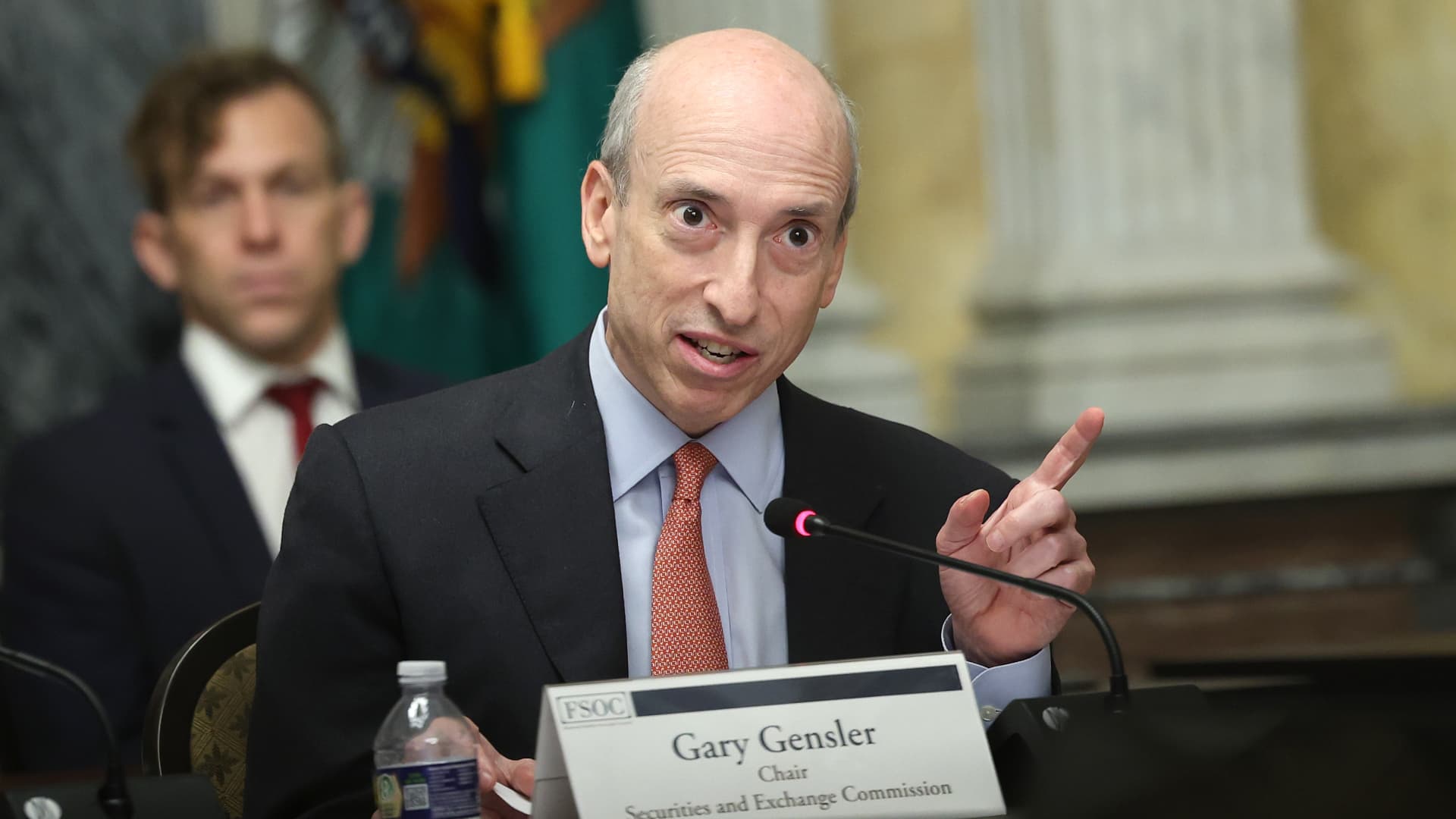Products You May Like
An Ohio podcast host ran an $11 million Ponzi scheme that defrauded more than 50 investors with false claims of helping them become a “real estate investing badass,” the U.S. Securities and Exchange Commission alleged Monday.
Matt Motil described himself as the “Cash Flow King,” according to his social media presence, and promised to help teach investors how to leverage “rental real estate investments to help you get paid and live a lifestyle you actually love.”
But Motil’s self-described success was an elaborate façade, according to regulatory filings and Ohio bankruptcy proceedings. In a 29-page complaint, the SEC laid out how Motil issued “promissory notes” fully collateralized by property across Ohio to dozens of investors. Motil told his investors that those notes were collateralized by “first mortgages” on properties, suggesting that no other investor had a more senior claim to the property, the complaint said.
“Nearly everything about his scheme was a lie,” the financial regulator’s complaint read.
CNBC has reached out to Motil for comment.
In one instance, according to the SEC, Motil managed to get more than $1 million from 20 different investors for just one single-family home valued at no more than $130,000. Motil targeted a wide array of investors, from a cancer researcher to an active-duty U.S. armed forces officer, the complaint alleged.
Motil filed for bankruptcy in March 2022 in Ohio but has evaded the SEC’s administrative subpoenas since then, the regulator said. All the while, Motil relied on social media and his own website to advertise and entice other investors, the regulators said.
Motil and his wife, Amy, profited handsomely from the scheme, the SEC alleged. Motil claimed that the promissory notes would go toward renovating and reselling the properties, a practice commonly known as “flipping.”
Motil also forged signatures and misused a notary’s seal to continue his fraud, the SEC alleged, which is a crime in Ohio. Motil attempted to file for bankruptcy in Ohio in an effort to discharge the money he owes his investors, but his case has been contested by the U.S. Trustee.
Federal regulators have stepped up their scrutiny of smaller-scale scammers who do significant financial harm to investors and the public. Earlier this year, the Federal Trade Commission leveled civil charges against an Amazon e-commerce “automation” company that defrauded investors out of millions. That case is still proceeding.
